41 plants with labels of its parts
Parts of a Cactus | eHow These adaptations for a cactus help it survive and thrive in areas with bright sun and little water. A cactus corona is its highest part and connects directly to the plant's vascular tissue. Cacti can also have small, medium or large flowers that can be white, yellow, pink, orange and red. Insects and bats pollinate these flowers. Plant Cell Parts | Their Structure and Functions - Study Read Plasmodesmata Vacuole 1. Plant Cell wall A plant cell has a rigid cell wall, which is the outermost of the cell. It is made up of chitin, lignin, and other materials. It transforms into a primary cell wall and later into a secondary cell wall. It also acts as the exoskeleton and gives the cell rigidity and firm shape.
Parts of a Flower and Their Functions - Flower Fabulous There are four main components of a flower - petals, stamen, sepals, and carpel (pistil). Flowers that have these four primary parts arranged in a circle pattern (whorl) are complete. If the plant does not contain all four parts, it is incomplete. Imperfect flowers are always incomplete.
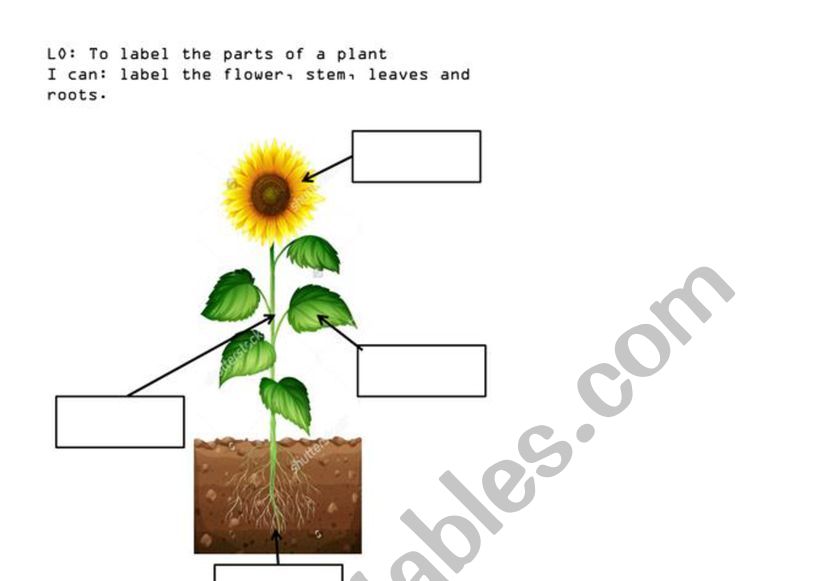
Plants with labels of its parts
Parts of Flower and Plant (Pistil, Sepal, Stamen and More) With ... 26.12.2019 · Parts of Plants and Flowers that are Useful to Us. It is clear to see that plants have an important function in helping to sustain life on earth. Here are a number of ways that parts of flowers and plants are important for our health: Food. Many plant leaves, roots, flowers, and stems are edible and are an important source of vitamins, minerals ... How to Identify the 27 Most Common Vegetable Plants 24.09.2018 · General Structure: Peas are climbing plants with odd leaves that encircle the stem of the plant. Leaves: One type of leaf encircles the stem of the plant, similar to a lion’s mane. Pea plants also sport oval shaped leaves that grow opposite each other on the outer branches. Flowers: Pea flowers are usually white, though they may be pink or ... Plant Labels: Creative Ways to Use Them In Your Garden - Epic Gardening Plant labels are garden markers that have so much more than simply the plant name. They also include detailed information about plant care, growth habits, and more. In professional settings, like nurseries, arboretums, and demonstration gardens, plant markers help lookers-on determine which plants grow best in specific settings.
Plants with labels of its parts. Plant Parts For Kids: Interesting Facts And Functions The two main parts of a plant include the root system and the shoot system. The root system consists of roots, root hair, legumes, rhizomes, and tubers. The shoot system is made up of the parts that are above the ground, such as the stem, leaves, flowers, and fruits. Let us learn about each part in detail. 1. Root Save Image: Shutterstock Parts of a Plant and Their Functions (With Diagram) | Trees.com Plants with aerial roots include orchids, which even when kept in pots as houseplants, typically have aerial roots extending outside of the container. Interestingly, though healthy roots which have space to spread and grow are essential to the survival of almost all plants, there are some plants which can grow without any roots at all. Plant Cells Vs. Animal Cells (With Diagrams) - Owlcation A plant that is wilting has vacuoles that are no longer filled with water. While animal cells do not have a cell wall, chloroplasts, or a large vacuole, they do have one component plant cells do not. Structures Unique to Animal Cells Centrioles: Animal cells contain organelles known as centrioles, which are not present in plant cells. 10 Types of Plants | Their Examples with Pictures - Study Read These are the plants that we see around us every day. They can be big trees, shrubs, bushes, plantains, etc. b. Hydrophytes Lotus is a plant that lives in water. As the name indicates, these plants grow only in water. They germinate, grow, and survive in water. They cannot survive in plain soil. Ex: Lotus. c. Xerophytes
What Are the Parts of a Banana Plant? | Hunker The parts of a banana plant ( Musa spp.) may appear so visually complex that you might think it has its own, individual morphology — and in some cases, it does. A banana plant has some typical botanical structures such as rhizomes, leaves, stamens and ovaries. But it also has a pseudostem, an inflorescence, a rachis and a thyrse. Parts of a Tree Lesson for Kids: Functions & Diagram Just like kings wear crowns atop their heads, trees have a crown of leaves and branches. A tree's crown works like a food factory. The leaves collect the sun's rays and carbon dioxide from the air ... What are the Parts of a Plant? - Video & Lesson Transcript - Study.com The pistil is the female part of the flower (made up of the style, stigma, ovary, and ovules), and the stamen is the male part (made up of the filaments, anthers, and pollen). When pollen from the... Parts of a microscope with functions and labeled diagram - Microbe Notes There are three structural parts of the microscope i.e. head, base, and arm. Head - This is also known as the body. It carries the optical parts in the upper part of the microscope. Base - It acts as microscopes support. It also carries microscopic illuminators.
Heirloom plant - Wikipedia An heirloom plant, heirloom variety, heritage fruit (Australia and New Zealand), or heirloom vegetable (especially in Ireland and the UK) is an old cultivar of a plant used for food that is grown and maintained by gardeners and farmers, particularly in isolated or ethnic minority communities of the Western world. These were commonly grown during earlier periods in human history, but … Botanical Plant Names: What They Are and How to Read Them - The Spruce A variety name is preceded by the abbreviation, "var." Unless the variety name is a proper noun, its first letter is not capitalized. But, like the genus name and specific epithet, the variety name is italicized. Example: Cornus florida var. rubra. Sometimes you will see spp., it means that the name is referring to several species within the genus. Venus flytrap | Description, Mechanism, Adaptations, Habitat, Diet ... Venus flytrap, (Dionaea muscipula), also called Venus's flytrap, perennial carnivorous plant of the sundew family (Droseraceae), notable for its unusual habit of catching and digesting insects and other small animals. The only member of its genus, the plant is native to a small region of North and South Carolina, where it is common in damp mossy areas. As photosynthetic plants, Venus ... Plant Symbolism Guide: 31 Plants for Every Personality Pothos plants care includes keeping them in medium indoor light and in a temperature range of 55-90º F. Allow their soil to dry in between waterings in the cooler months and keep the soil moist in warmer parts of the year. Lucky Bamboo (Dracaena braunii) Good fortune and longevity Great for: Someone who is entering a new chapter in their life
Plant Tissues: Name, Types, Functions, Diagram - Embibe On the basis of positionin the plant body, meristematic tissue is divided into the following types: a. Apical Meristem 1. This meristem is located at the growing tips of main and lateral roots and shoots. These cells are responsible for the linear growth of an organ. 2. They are mostly primary meristems. 3. E.g., Shoot apex and root apex. b.
Nutrient Deficiencies In Marijuana Plants: The Ultimate Guide 07.09.2021 · Nutrient deficiencies in marijuana plants are not just an annoyance for cannabis growers; they can also kill your plants. If you want to grow the best marijuana possible, you need to learn how to recognize and resolve nutrient deficiencies. Some of my favorite solutions for nutrient deficiencies are easy to do. You simply need to know
Amazon.com : VIVOSUN 50-Pack 3 Gallon Grow Bags for Plants, … 100 Pcs Thicken PE Seedling Bag Fruit Tree Seedling Cup Bonsai Planting Bag with 30 Pcs Plant Labels and 2 Pcs Mini Hand Portable Watering Sprinkler (4.52 Dia x 8.07 Height Inches) BAGULET 3 Gallon Plastic Grow Bag - 50 Pack - Durable Black and White Grow Bags for Plants, Small Garden, Seedlings and Rooting - Complete with 10 Plastic Tags
Parts of a Flower and Their Functions (With Diagram) Sepals are the exterior parts of a flower that protect the interior flower while it emerges. Sepals are typically green and leaf-like, as they are in fact modified leaves, but it is possible for them to be almost any color depending on the type of plant. The sepal is the first part of the flower to grow, forming at the uppermost end of a stem.
Types of Plant Cell- Definition, Structure, Functions, Labeled Diagram Plant cells are multicellular eukaryotic cells that make up a plant (a group of eukaryotes belonging to the Plantae kingdom, with the ability to synthesis their own food using water, Sunlight, and CO2). Being eukaryotic cells, they have a defined nucleus with specialized structural organelles that enable them to function in an orderly manner.
Hilden Packaging Machines Pvt Ltd | Tula Engineering Pvt Ltd Hilden Packaging Machine provides best machines with world class technology. Our Packaging Machines with latest technology provides your industry a amazing working power. Use Our Pet Filler Machine, Jar Filler Machine, Can Filler Machine, Air Conveyors, Carbonators for better result for your Industry. Contact us for packaging machine price, small packing machine price, …
Top 21 Ornamental Plants To Grow In Your Garden - Florgeous Lavender. Another type of ornamental plant you definitely need to have in your garden. Even though you can make oils or decorate food with lavender, they are often considered an ornamental plant precisely because of the way they can grow in any garden. Lavender will also enhance your outdoor space with distinctive aromas that could potentially ...
Plant Cell- Definition, Structure, Parts, Functions, Labeled Diagram Figure: Labeled diagram of plant cell, created with biorender.com The typical characteristics that define the plant cell include cellulose, hemicellulose and pectin, plastids which play a major role in photosynthesis and storage of starch, large vacuoles responsible for regulating the cell turgor pressure.
300 Types of Flowers with Names from A To Z and Pictures Speedwell, also called bird's eye or gypsy weed, is a hardy perennial native to Europe. Speedwell grows in a variety of heights ranging from 4 to 18 inches. The plant has is slightly scented and spreads quickly. Speedwell flowers are found in shades of pink, purple, blue, and white.
20 Common Plants Safe for Cats and Dogs | Garden Design While all parts of rose plants are non-toxic to pets, there are other possible hazards to consider. The thick leaves are not easily digested and can cause stomach upset. Thorns can cause external cuts or harm the digestive tract if swallowed. Fertilizers or pesticides made for roses may be toxic, so be sure to read labels carefully before using around pets. When cutting roses for the vase ...
What Are the Parts of a Palm Tree? | Hunker 1. Palm Stems and Leaves. A palm's trunk is actually an elongated stem. Palms may be single-stemmed or multi-stemmed, with the stems ranging in texture from smooth to rough and even knobby. Many palms also have sharp spines along their stems. Like their monocot and coniferous plant relatives, palms have nutrient-transport systems inside their ...
Animal Cells: Labelled Diagram, Definitions, and Structure - Research Tweet Animal Cells Organelles and Functions. A double layer that supports and protects the cell. Allows materials in and out. The control center of the cell. Nucleus contains majority of cell's the DNA. Popularly known as the "Powerhouse". Breaks down food to produce energy in the form of ATP.
Parasitic Plants: Corpse Flower, Mistletoe, and Dodder Rafflesia or the Corpse Flower. Rafflesia is found in the forests of Indonesia and Southeast Asia. It's an example of extreme parasitism. The plant has no stems, leaves, or roots and lives inside the vines of another plant. Its body consists of filaments that spread through the vine and obtain food from the host.
How To Label A Plant Cell - Realonomics Each plant cell will have a cell wall cell membrane a nucleus smooth and rough endoplasmic reticulum Golgi apparatus ribosomes plastids mitochondria vacuoles and various vesicles like peroxisomes.. What is cell Labelling? The visualization of cells and cellular structures as well as the tracking and modulation of nucleic acid and proteins in living cells is mandatory to identifiy map and ...
Carbon cycle — Science Learning Hub Click on the different labels to view short video clips or images about different parts of the cycle. Transcript. Atmosphere. Carbon in the atmosphere is mostly in the form of carbon dioxide with some methane and hydrofluorocarbons. The amount of carbon dioxide in the atmosphere is increasing. Acknowledgement: NASA. Vegetation. Plants store carbon as carbohydrates made …
Flowering plant - Wikipedia Flowering plants are plants that bear flowers and fruits, and form the clade Angiospermae (/ ˌ æ n dʒ i ə ˈ s p ɜːr m iː /), commonly called angiosperms.The term "angiosperm" is derived from the Greek words angeion ('container, vessel') and sperma ('seed'), and refers to those plants that produce their seeds enclosed within a fruit.They are by far the most diverse group of land plants ...
The Different Parts Of A Flower (KS2) Explained | Kidadl The carpel is the part of the plant that collects the pollen and produces seeds for reproduction. The carpel has four parts: the stigma, style, ovary and ovule. At the top of the carpel, the stigma catches and collects pollen. The stigma is supported by the style; a long tube that connects to the ovary. Inside the ovary are seeds, known as ovules.
Parts of Plant: Name, Functions, Diagrams - Embibe A plant is made of different parts such as the root, the stem, the leaf, the fruit and the flower. Each part of the plant performs different functions. There is a lot of diversity in the plant kingdom. It is important that we understand the importance of plants and their parts.
Plant Labels: Creative Ways to Use Them In Your Garden - Epic Gardening Plant labels are garden markers that have so much more than simply the plant name. They also include detailed information about plant care, growth habits, and more. In professional settings, like nurseries, arboretums, and demonstration gardens, plant markers help lookers-on determine which plants grow best in specific settings.
How to Identify the 27 Most Common Vegetable Plants 24.09.2018 · General Structure: Peas are climbing plants with odd leaves that encircle the stem of the plant. Leaves: One type of leaf encircles the stem of the plant, similar to a lion’s mane. Pea plants also sport oval shaped leaves that grow opposite each other on the outer branches. Flowers: Pea flowers are usually white, though they may be pink or ...
Parts of Flower and Plant (Pistil, Sepal, Stamen and More) With ... 26.12.2019 · Parts of Plants and Flowers that are Useful to Us. It is clear to see that plants have an important function in helping to sustain life on earth. Here are a number of ways that parts of flowers and plants are important for our health: Food. Many plant leaves, roots, flowers, and stems are edible and are an important source of vitamins, minerals ...


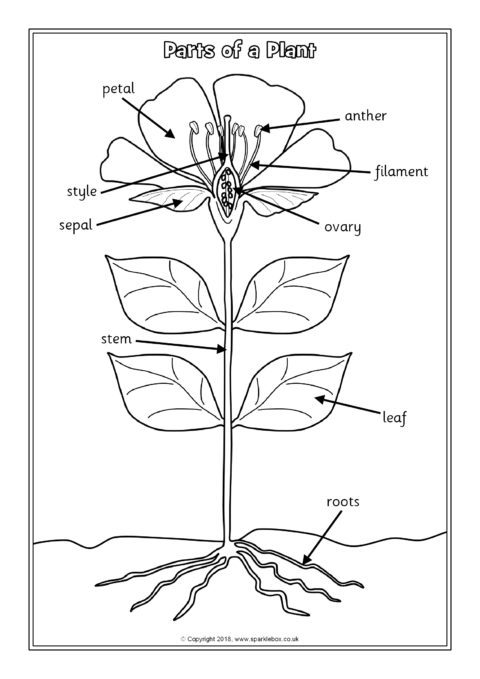
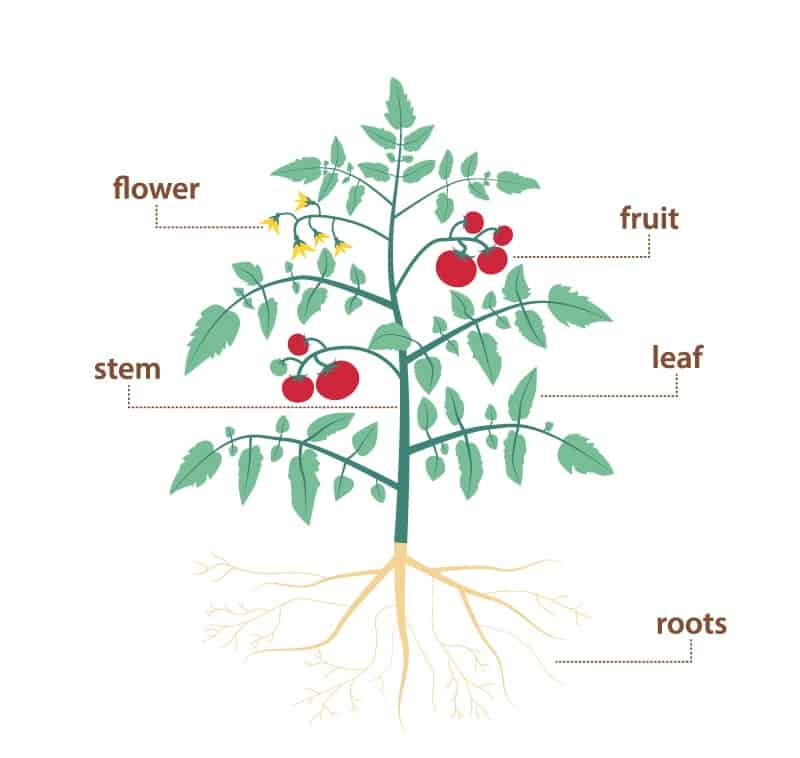
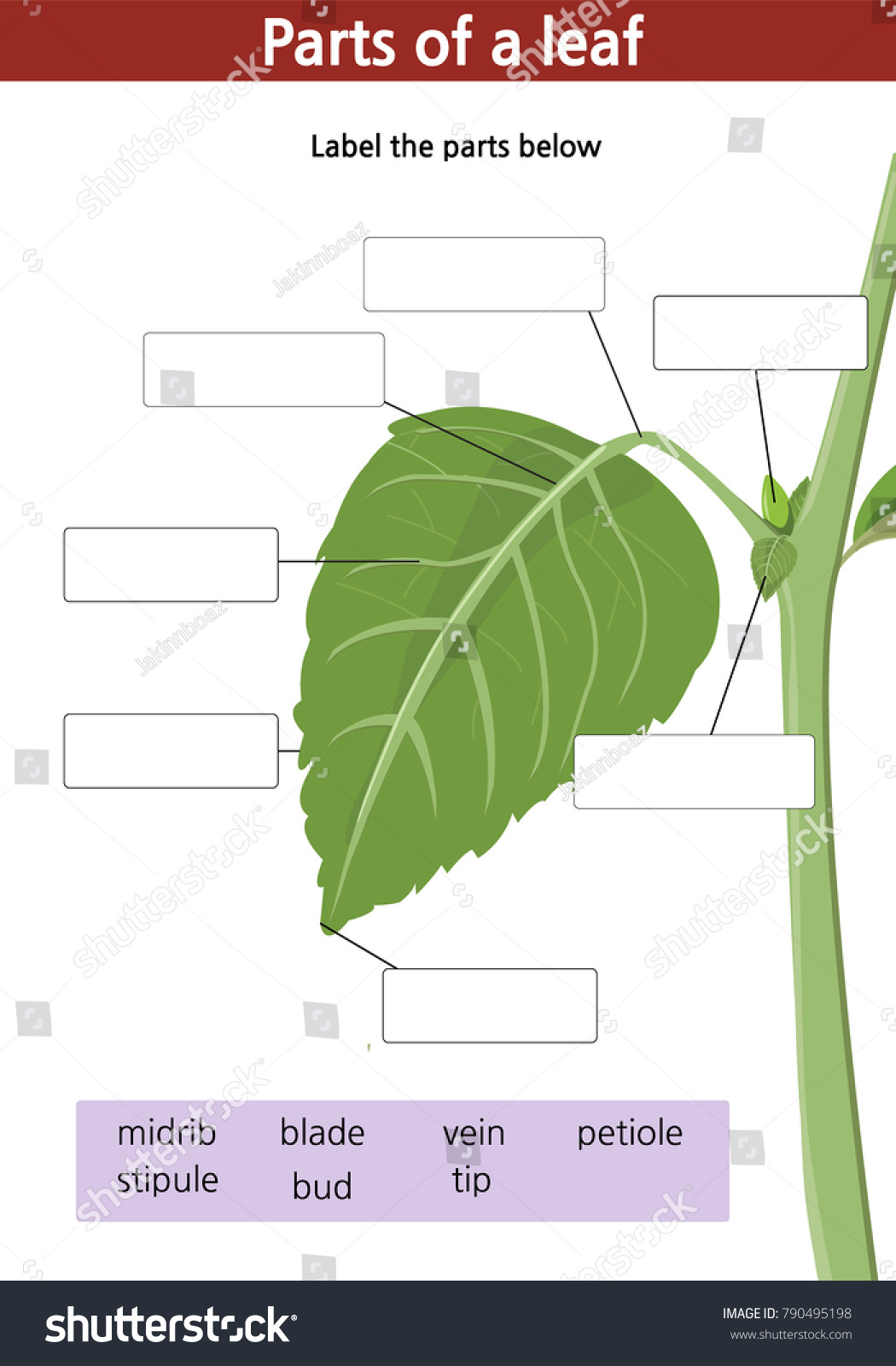
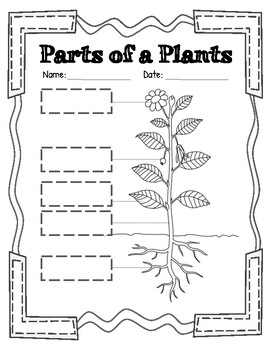

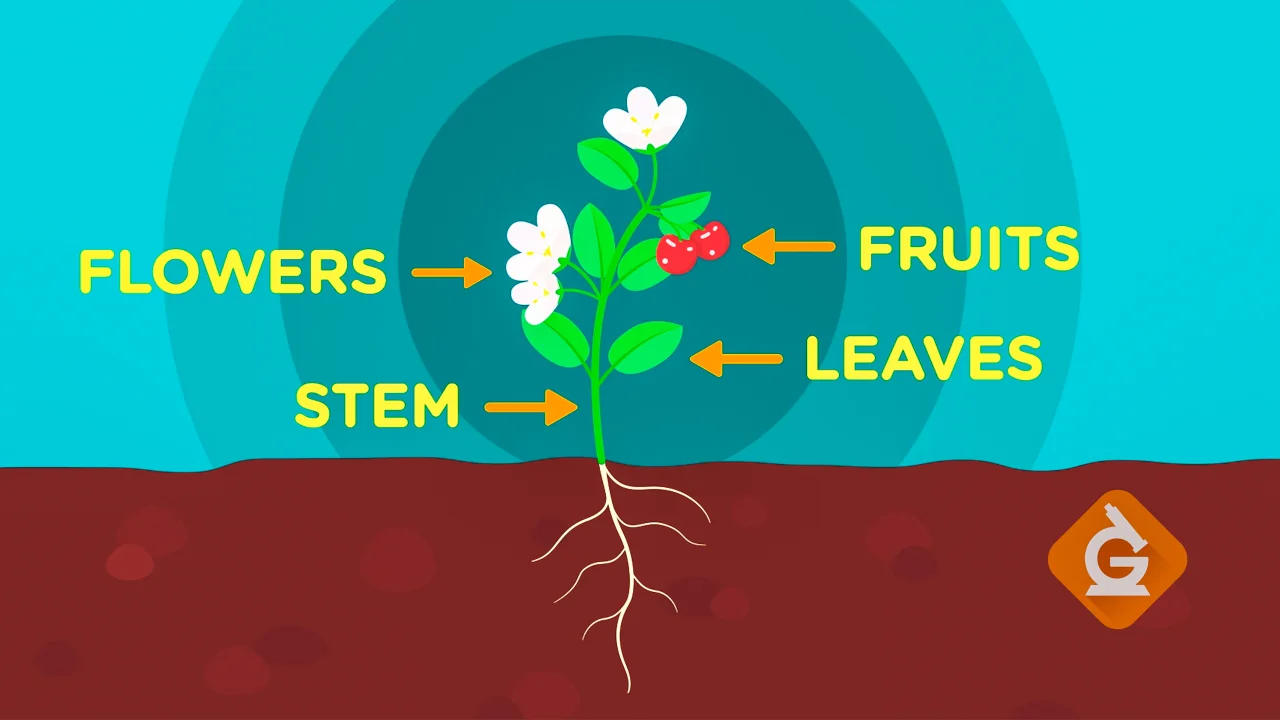

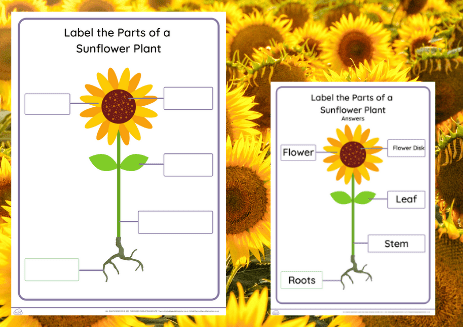





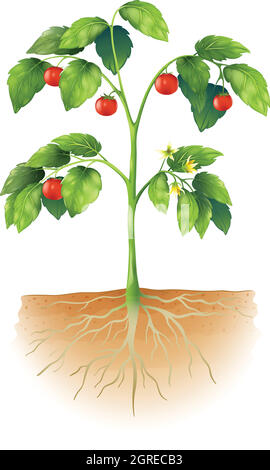


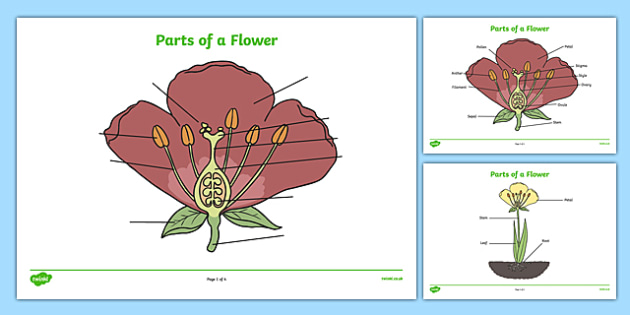


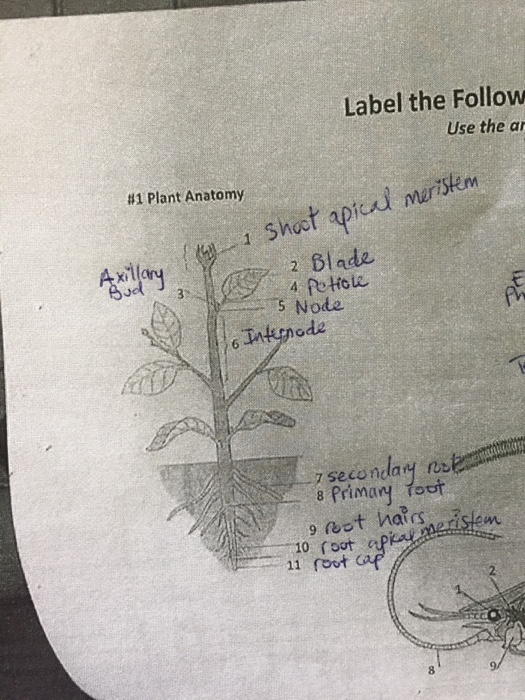





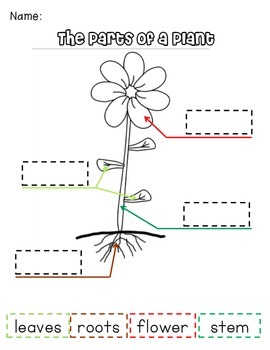
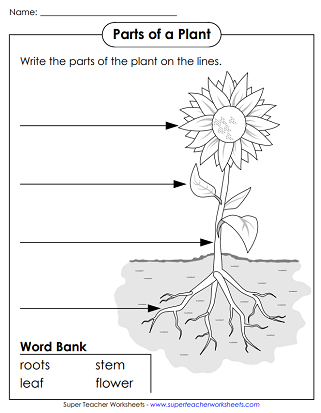
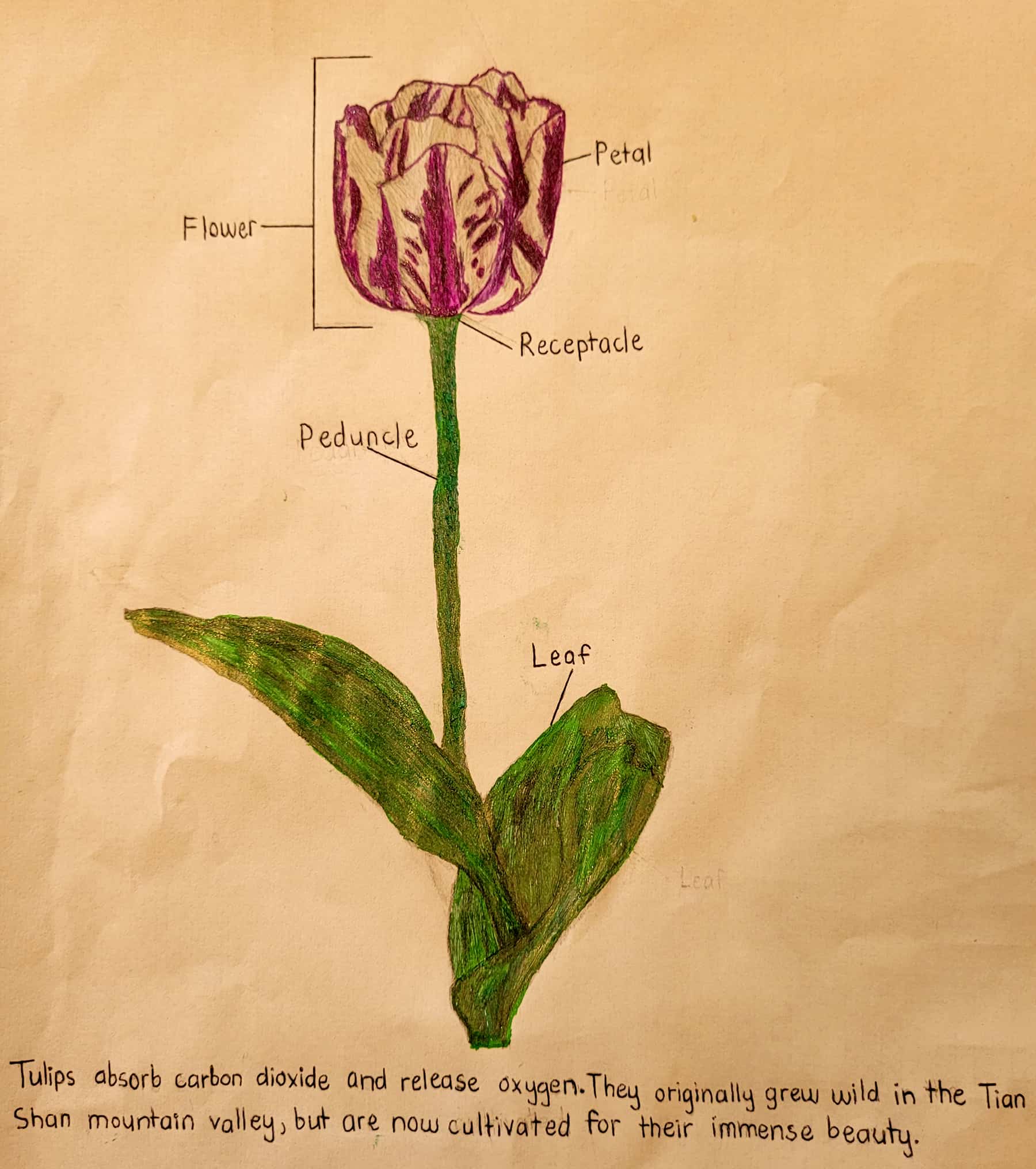



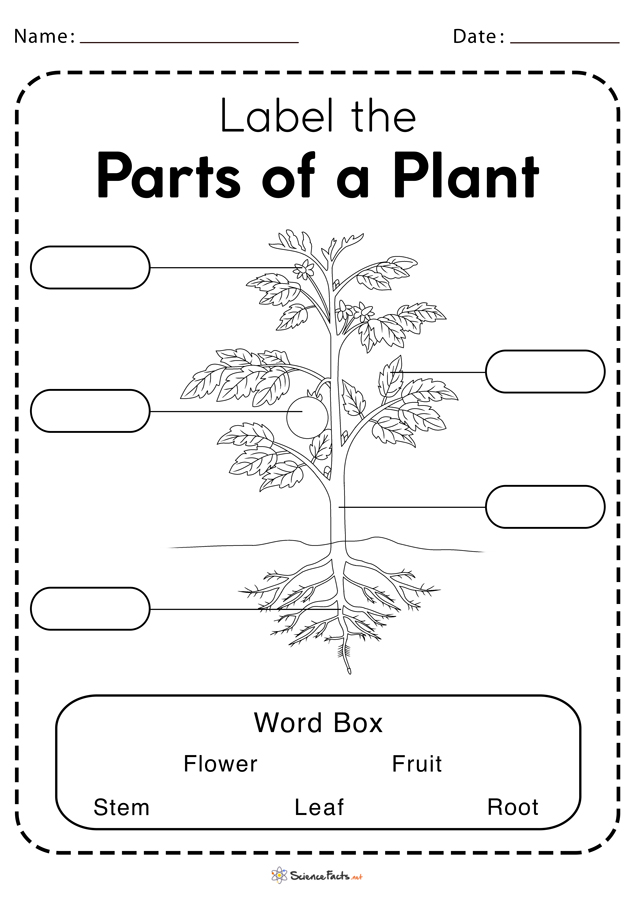
Post a Comment for "41 plants with labels of its parts"